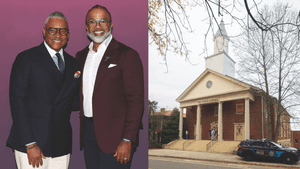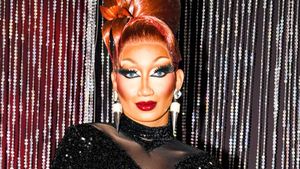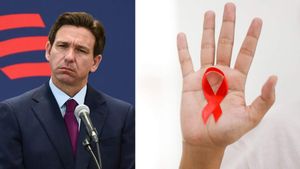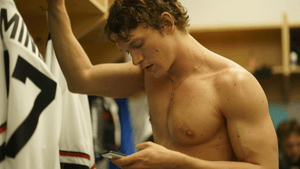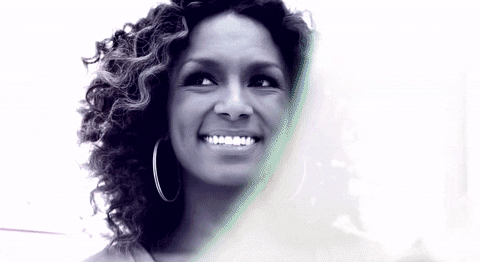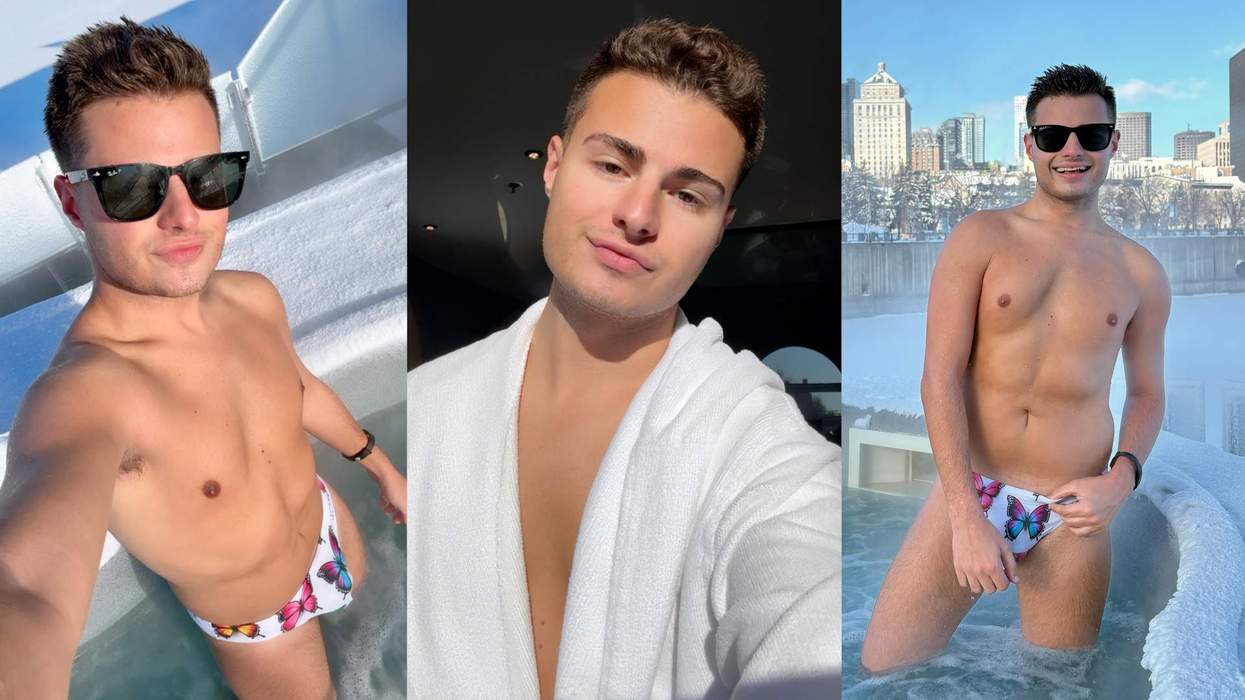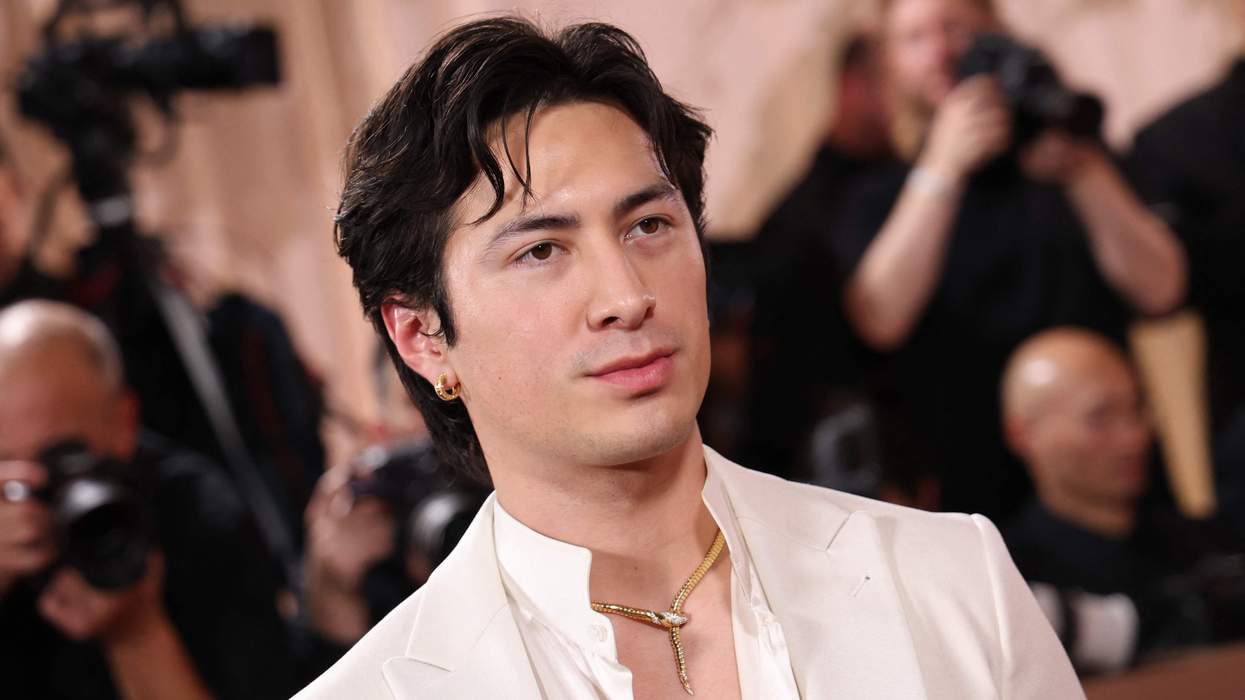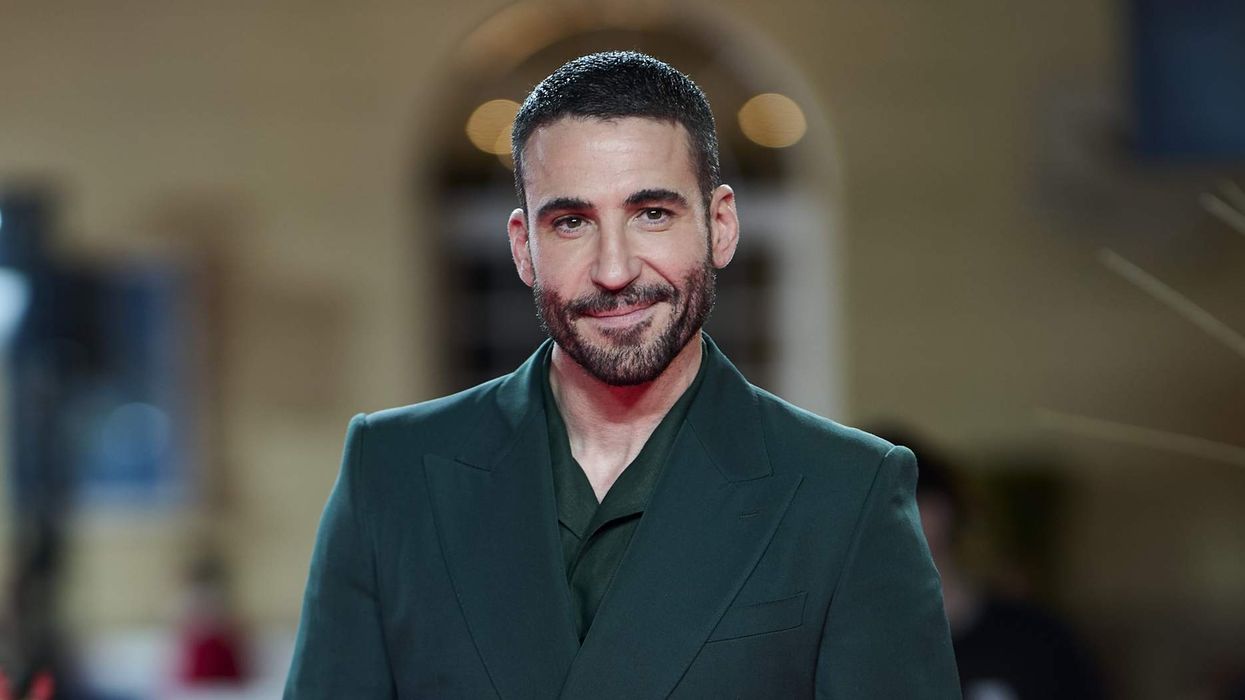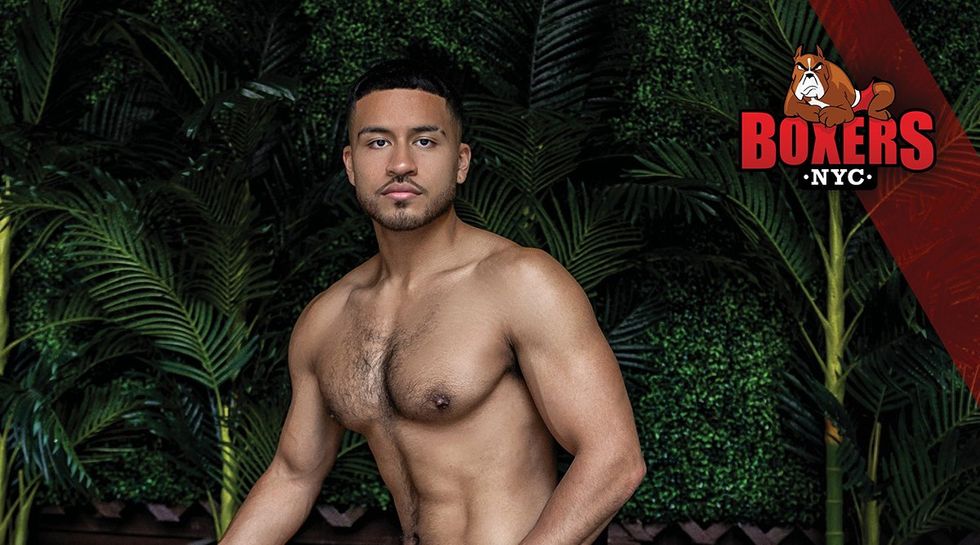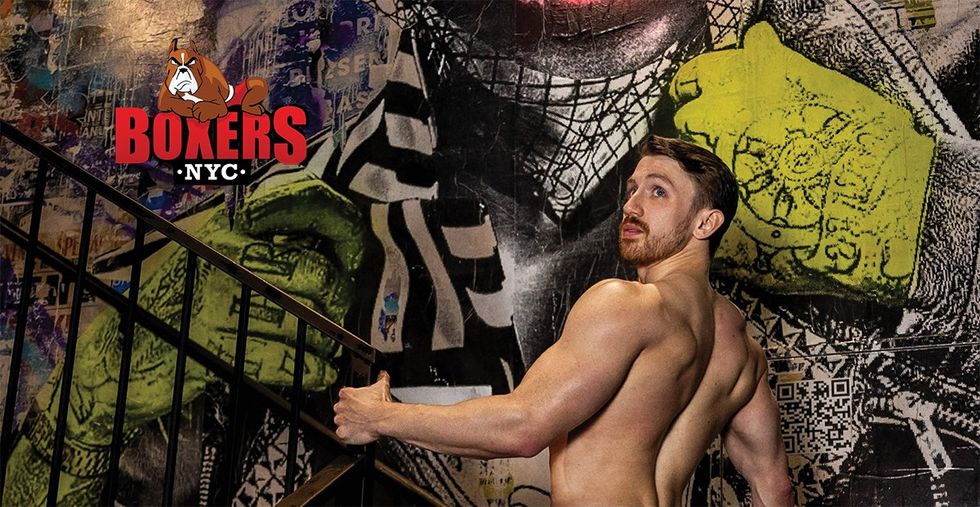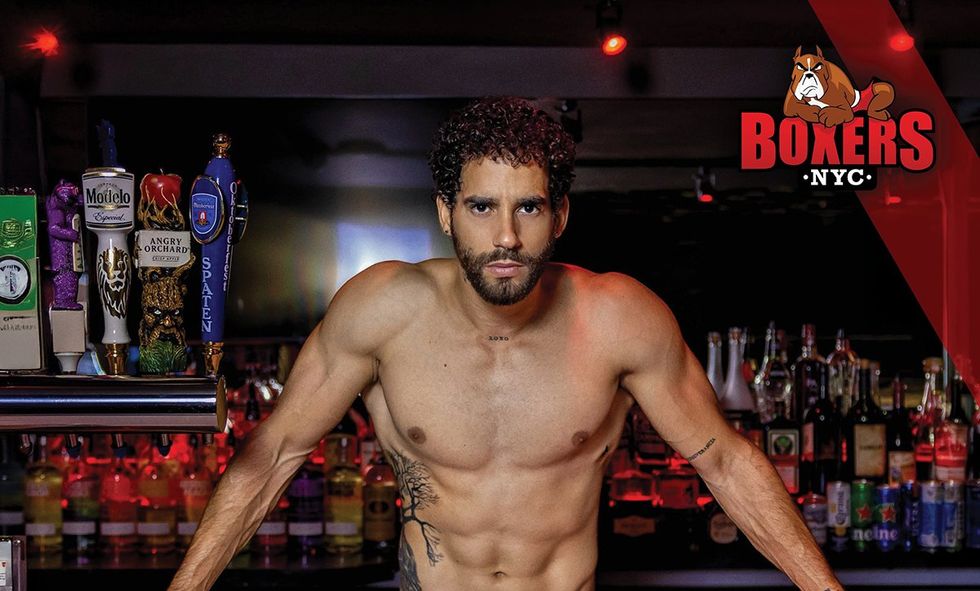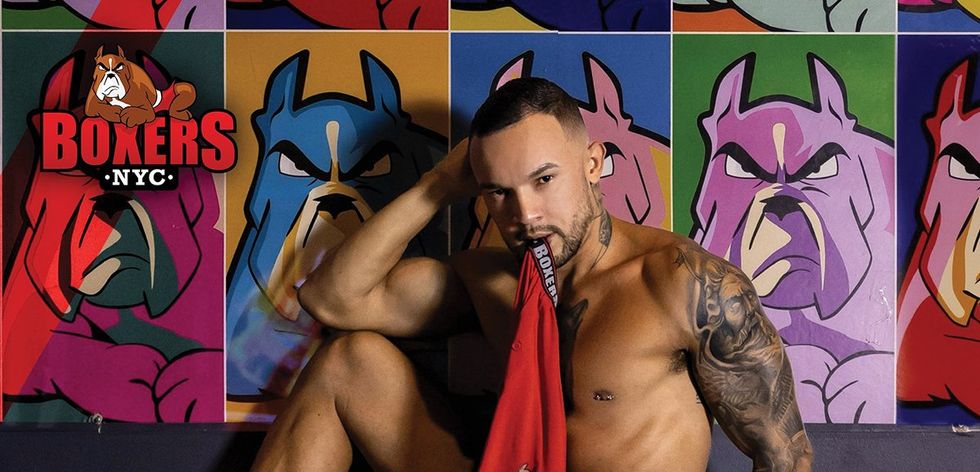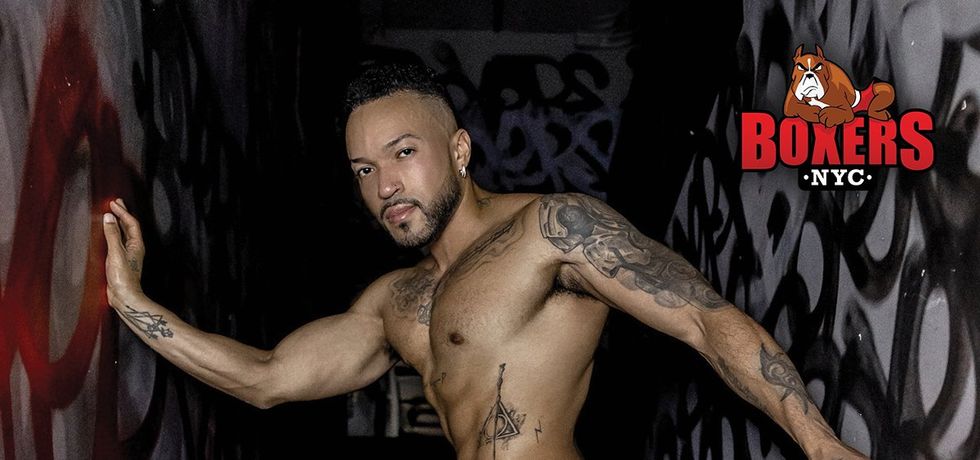Privilege often feels invisible to those who have it. To those who do not, it manifests in many cases as a brick wall that bars opportunity, resounding silence from coworkers, potential employers and teachers, or even violence from those who fear whatever difference may be either inherent or simply perceived in the other.
Dissecting privilege is important not only in order to help identify and cease the perpetuation of inequality—the perpetuation of violence—but to understand identity and its very real ramifications in an increasingly complex world.
Author, journalist, TV host and all-around multifaceted storyteller Janet Mock's latest Beauty Beyond Binaries column, "Being Pretty Is a Privilege, But We Refuse to Acknowledge It," explores the myriad ways by which cisnormative beauty standards extend the helping hands of privilege—and how those hands sometimes encroach upon personal boundaries, blinded and emboldened by privilege themselves.
"'Pretty' is most often synonymous with being thin, white, able-bodied, and cis," Mock writes. "The closer you are to those ideals, the more often you will be labeled pretty—and benefit from that prettiness."
Examining how "pretty privilege" affects those who pass binary, racial, and age-defined beauty expectations—and how quite the opposite effect occurs when that doesn't happen—Mock evaluates her personal narrative from many identity-based locations on the pretty privilege spectrum: from that of a pre-transition youth, a post-transition, passing, beautiful adolescent, and that of a brown, multiracial, trans woman of eminent profile.
Before her transition, Mock says she struggled with body image issues like many other teens, but those feelings were "amplified by the expectations of cisnormativity and the gender binary as well as the impossibly high beauty standards that I, and my female peers, measured myself against." After her medical transition, though, she began to see a change in the way the world treated her.
"I began living my teenage dream: I was seen and accepted as just another girl. With my gender nonconformity seemingly fading away, I began to attract the attention of 18-to-24-year-old cis guys who began stopping to inform me that I was pretty.
Suddenly, I was let in, and I did nothing to earn the attention my prettiness granted me. I soon saw that people stared and smiled, offered me seats on the bus and drinks in the club, complimented me on my appearance, and held doors open. This was partly how I experienced pretty privilege — the societal advantages, often unearned, that benefit people who are perceived as pretty or considered beautiful."
Mock is quick to point out that the perks of being pretty in a "lookist" society don't stop there. She provides references to multiple sources that explain how beauty influences student success and perceptions of intelligence, health, and competency, arguing that the stakes of beauty-based bias are more grave than just free drinks and vacated seats.
The latest installment of the Beauty Beyond Binaries column delves much further into the complex topic of pretty privilege, and Mock's own words tell her story better than anyone else could. Read it here, and for more of Janet's humble, acute, worldly wisdom, order a copy of her latest memoir, Surpassing Certainty—an excerpt of which is available on Glamour.




